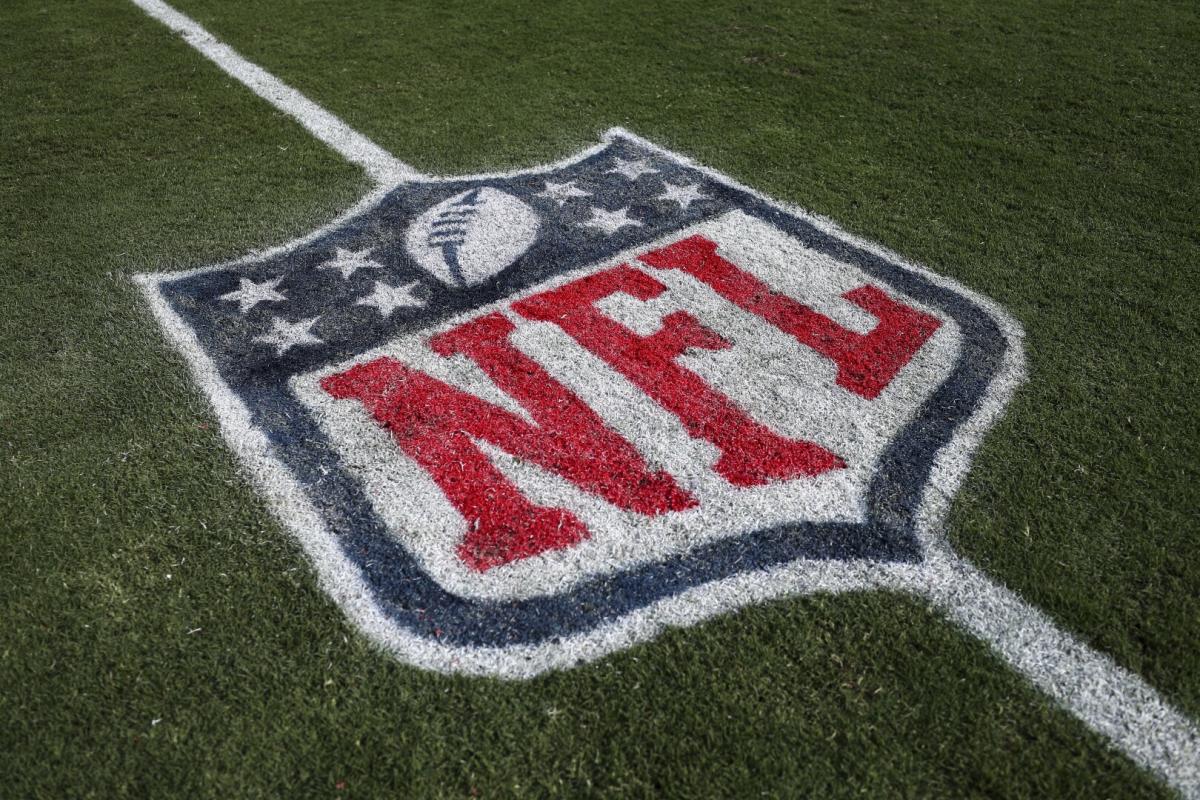
With 10 players suspended in less than two years for violating the NFL’s gambling policy, no player can say he’s not aware of the rule.
But is it being explained as clearly as it should be? Are the terms as clear and consistent as they could be? Is the NFL’s entire approach to gambling rife with hypocrisy? No, no, and abso-freakin’-lutely.
But players should at least have a bell or a whistle sound when considering betting on any sport, in any place, at any time. Never bet on the NFL or any NFL events. Never bet on sports while at work or traveling for work. Never bet on sports where it’s not legal to do so. (For some reason, the NFL never spells that last one out.)
So what’s next? Phase One is over. Phase Two raises other issues.
Here’s the first one. What will the league do about players who show up to the NFL (or who develop while in the NFL) gambling addictions? It’s very real. And, if the league is going to profit mightily from it, the league needs to care about taking care of the players who have done enough permissible gambling to create an illness that will, absent proper intervention and treatment, cause them to violate the gambling policy even if they don’t want to.
It’s an important issue, one that (ideally) the NFL Players Association would be involved in addressing. But the union has conceded that the gambling policy falls under the Commissioner’s power to protect the integrity of the game, which falls within the unilaterally-imposed management-rights clause.
The real question is whether the league cares about its policies or its players. Past educational efforts suggest the league cares more about getting a signature on an acknowledgement form than ensuring the players truly understand the policy.
There’s one way for the league to prove it cares about its players. Work with the union to develop a strategy for screening incoming players for gambling addictions, for detecting current players who have developed gambling addictions, and for helping players with gambling addictions to overcome them.